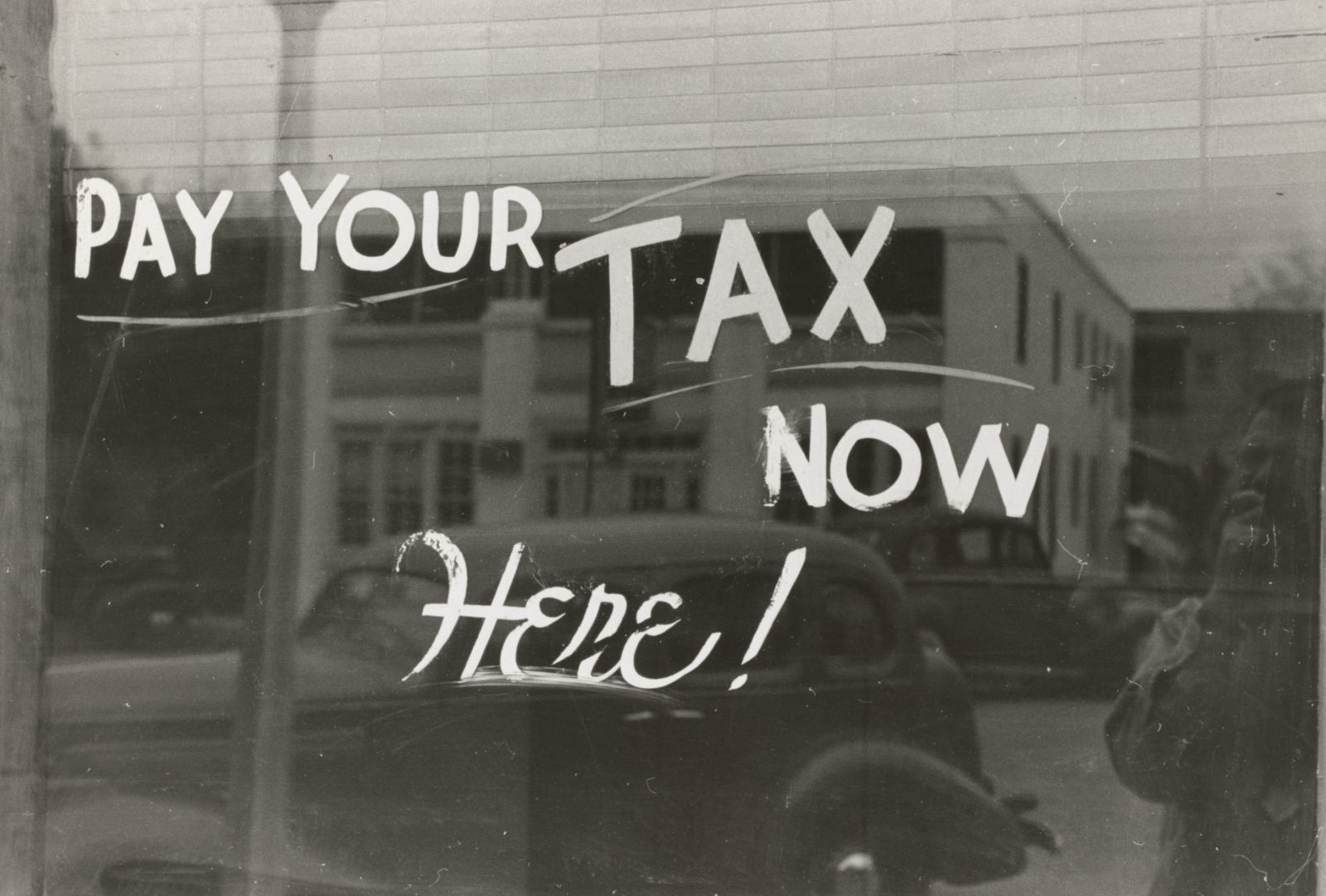


Make the Seattle City Council Great Again
There seem to be cycles in city politics. Fifty years ago a small band of Young Republicans and Young Democrats came together in an unusual alliance to overturn the existing Seattle City Council. They called themselves CHECC: Choose an Effective City Council. It took a couple of elections, but they prevailed and it was then — in the 1970s — that formerly …

The Time Is Right for Tax Fairness and Sensible Spending Priorities in Seattle
Local residents are getting their first taste of property-tax hikes courtesy of Olympia this month and, in many cases, it’s shocking. According to The Seattle Times, a spokesman for the county assessor noted the 2018 boost is “the largest property-tax increase in King County in modern history.” In at least one community — Carnation — homeowners of a median-assessed-value property might see an astonishing 30 percent increase.
While middle-class Washingtonians are paying more taxes than ever, some politicians are laying the blame on the state’s “regressive” tax system. But, as is often the case, proponents of higher taxes cloak a more complete picture of state taxes and spending prioritization with emotional arguments about “inequality and fairness.” Recently, King County Executive Dow Constantine and King County Assessor John Wilson joined the debate, pressing the case in a Seattle Times Op-Ed for tax reform, even calling a proposal for a new capital-gains tax as one of “several innovative ideas.”
Read More ›
Senior Fellow Don Nielsen in The Seattle Times: Washington’s Education System Should Serve Parents Over Unions
Donald Nielsen, Senior Fellow of Discovery Institute’s newly-launched American Center for Transforming Education, thinks it’s time Washington state puts the needs of the parents—and, by extension, the children and taxpayers—first. Read More ›

Senior Fellow Don Nielsen in The Seattle Times: Washington’s Education System Should Serve Parents Over Unions
Donald Nielsen, Senior Fellow of Discovery Institute’s newly-launched American Center for Transforming Education, thinks it’s time Washington state puts the needs of the parents—and, by extension, the children and taxpayers—first. Read More ›
Most Overlooked News Of 2009 – Tunnel Differences
This article contains an interview with the Cascadia Center’s Bruce Agnew. You can listen to the interview here.
Melding Rich History, Promising Future
When state Sen. Mary Margaret Haugen cuts the ribbon to open the new Stanwood train station today, it will be back to the future for the Stanwood-Camano Island area. For an area rich in history of lumber mills, fish canneries, steamboats and trains, the new station represents a remarkable new opportunity to expand travel options for commuting, attending major events Read More ›
Cascadia Blog Article Highlights Teleworking Green, Productivity Benefits
This article, published by TMCnet.com, mentions the Cascadia Center of Discovery Institute: The Cascadia Center which works on regional transportation and sustainable development issues for the Discovery Institute, has taken a strong interest in telework. The rest of the article can be found here.
Ask Not for Whom The Road Tolls
This article, published by the Puget Sound Business Journal, refers to an article by Cascadia Fellow Matt Rosenberg: The Cascadia Center just posted a valuable piece about funding a replacement for the ailing State Route 520 Bridge between Seattle and the Eastside. The piece by Cascadia Fellow Matt Rosenberg highlights the $2.38 billion funding gap, and discusses the various plans to close the Read More ›